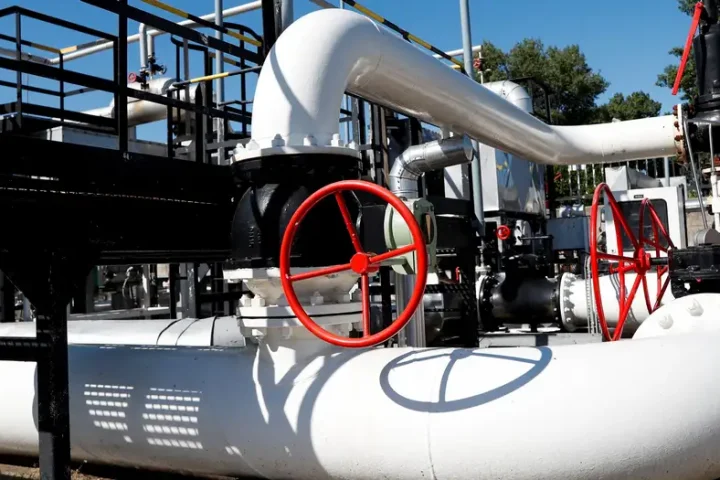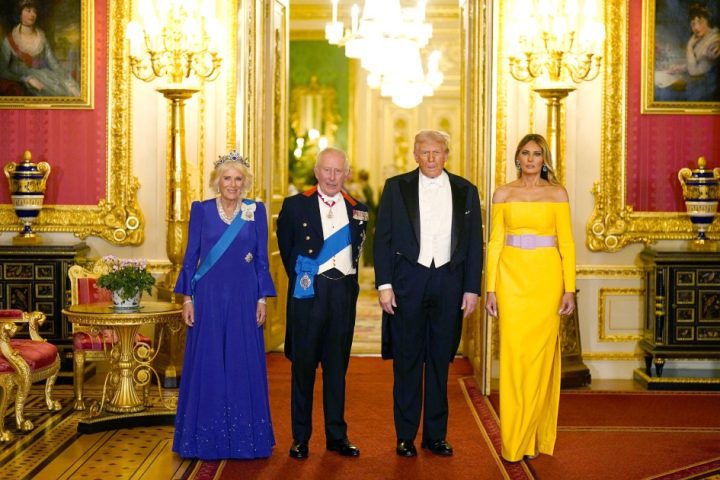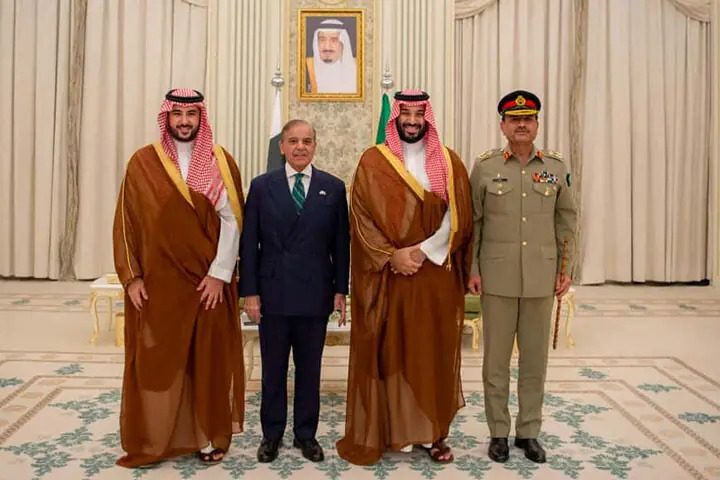Poland demands the EU stop importing Russian oil by 2026
Poland has urged EU members to cut off Russian oil imports entirely by the end of 2026, arguing the move would deprive Moscow of crucial revenues and help bring the war in Ukraine to a close.
The call came from Polish Energy Minister Milosz Motyka, who outlined the proposal in a letter to fellow EU energy ministers. He stressed that the current geopolitical climate and the need to reinforce Europe’s economic resilience demand a united response.
Motyka said that setting a firm 2026 deadline would send a strong signal of Europe’s resolve to end reliance on oil supplies burdened with political and strategic risks. He also suggested compensation mechanisms to assist countries most dependent on Russian energy in making the transition.
His appeal followed a statement by European Commission President Ursula von der Leyen, who recently floated speeding up the bloc’s exit from Russian fuel imports. She spoke after holding talks with U.S. President Donald Trump.
Deadline Disputes
Despite EU-wide commitments, Russian oil still flows through the Druzhba pipeline to Hungary and Slovakia, the only two EU states that continue purchases since Russia’s full-scale invasion of Ukraine.
The EU initially set 2028 as the target for cutting Russian energy imports, later moving it forward to 2027. But analysts doubt that even this date can realistically be achieved, and warn that a formal, enforceable ban on Russian oil may never be adopted.
Meanwhile, Trump repeatedly demands that EU and NATO countries stop buying oil from Moscow. European media speculate that this is motivated by the US desire to reorient the market toward its own energy resources. Indeed, Washington is actively pursuing new agreements: Italy recently agreed to import American gas.

India Won’t Give Up Russian Oil — Trump Seeks Compromise
While Europe debates the timing of its transition from Russian oil, India continues to actively purchase raw materials from Moscow.
Against this backdrop, Donald Trump held a telephone conversation with Prime Minister Narendra Modi. The main goal was to reduce tensions in relations between the two countries. The conflict was sparked by new US tariffs on Indian exports and New Delhi’s reluctance to curtail energy cooperation with Russia.
On social media, Trump called the conversation with the Indian leader “excellent,” congratulated Modi on his birthday, and emphasized that he was “doing a tremendous job.” He also thanked him for his support of efforts to end the war in Ukraine.
The talks took place amid renewed trade consultations between the US and India. While both sides demonstrate a willingness to engage in dialogue, relations are complicated by the White House’s decision to increase tariffs on Indian products to 50%. Washington says the measure is intended to counterbalance Indian trade barriers and punish New Delhi for purchasing Russian oil.














